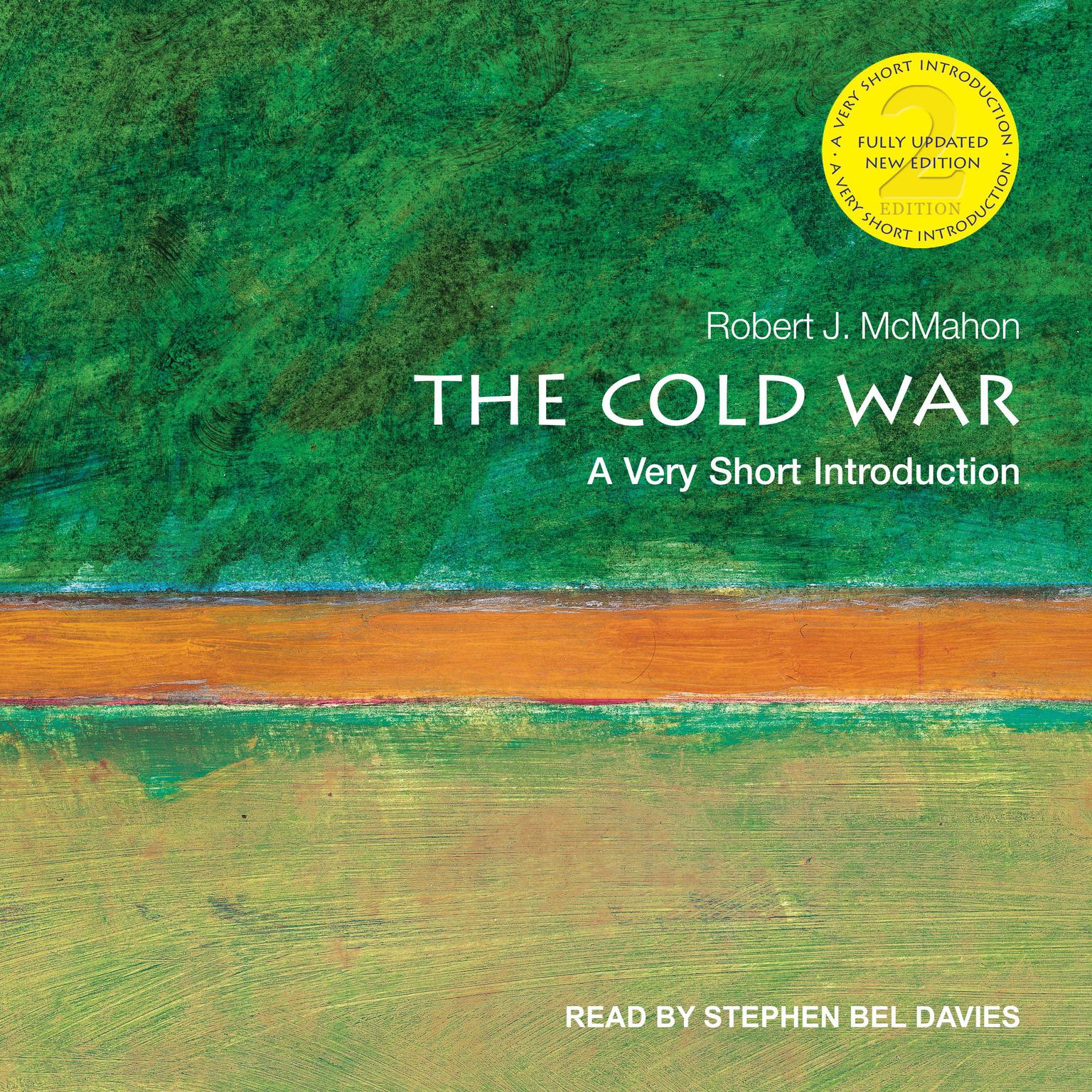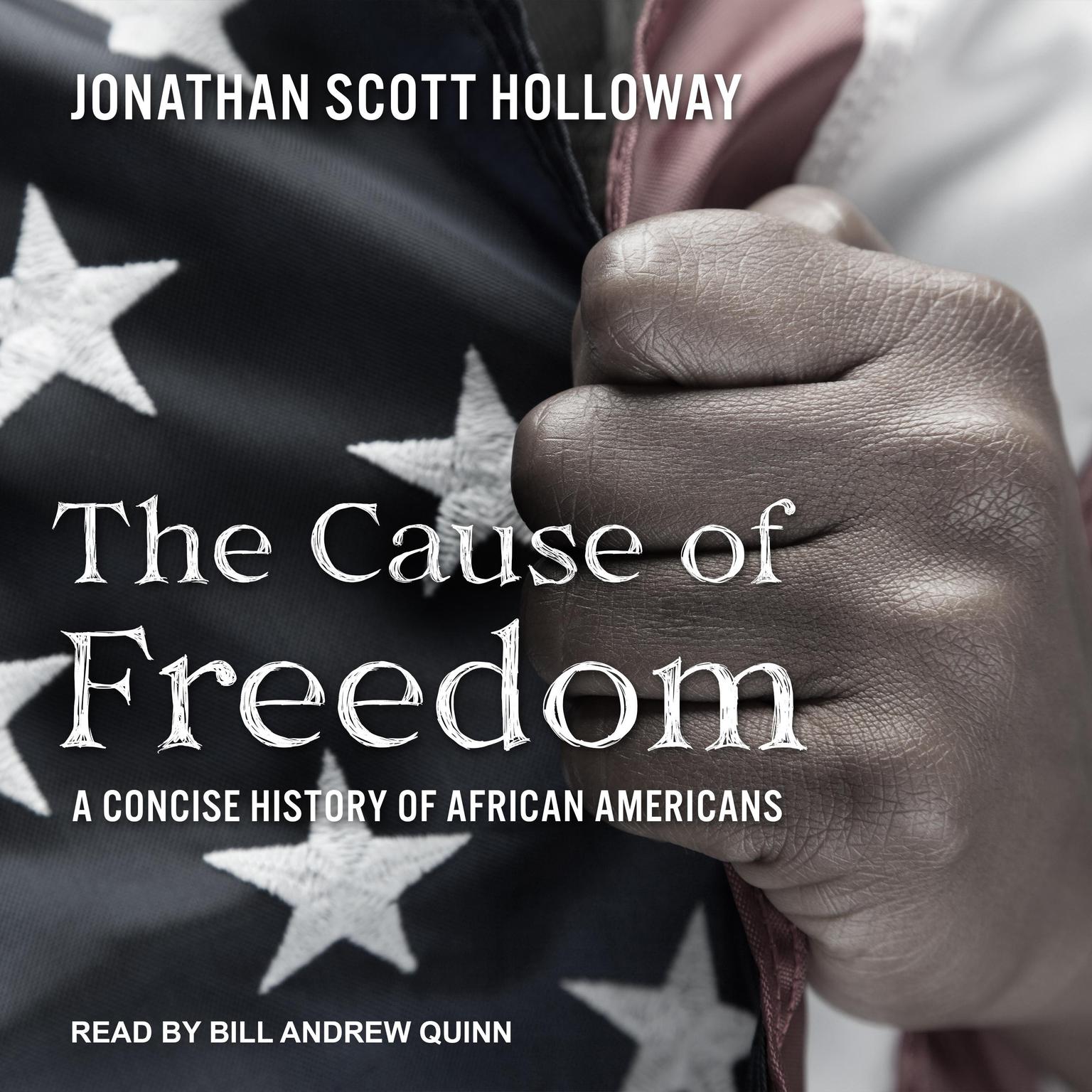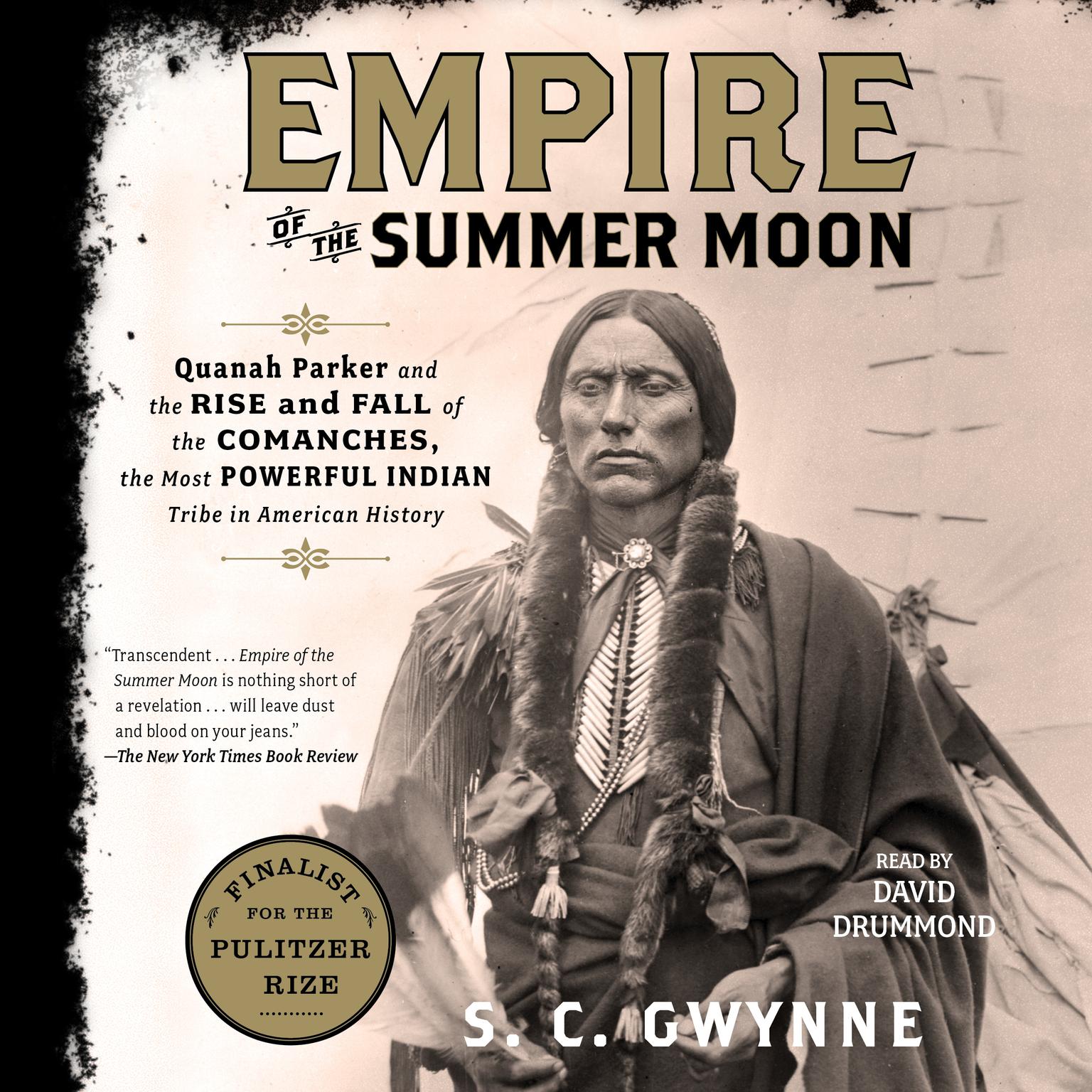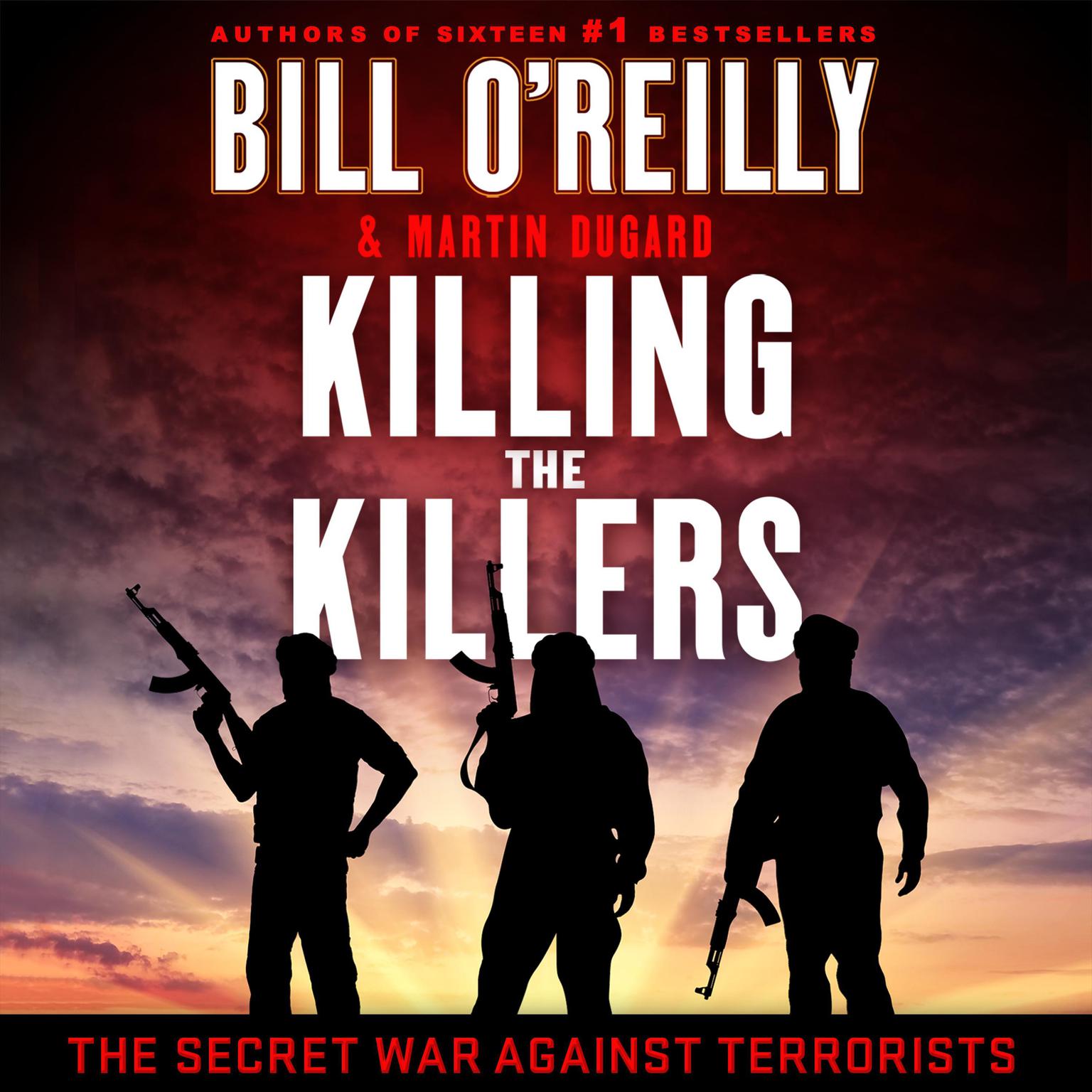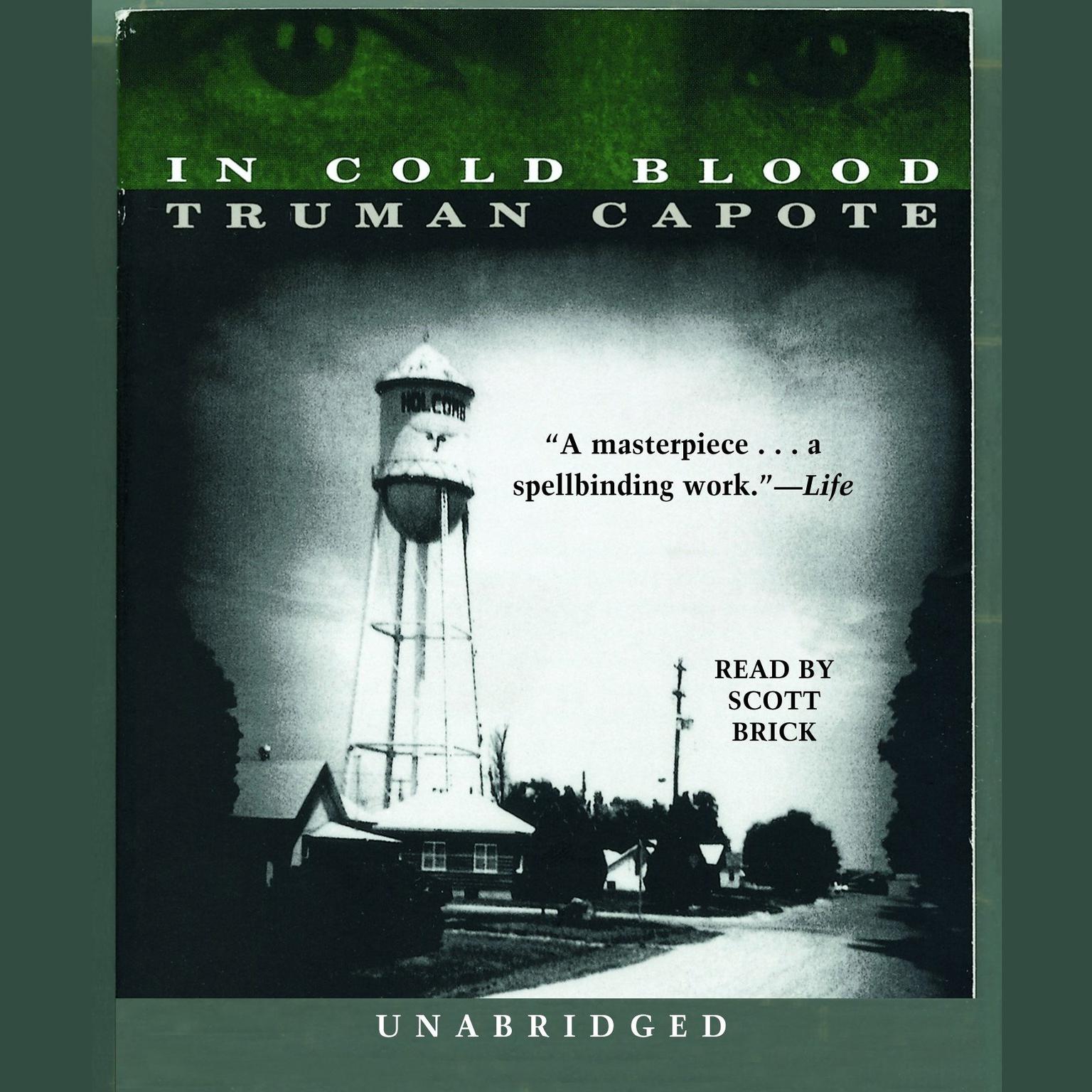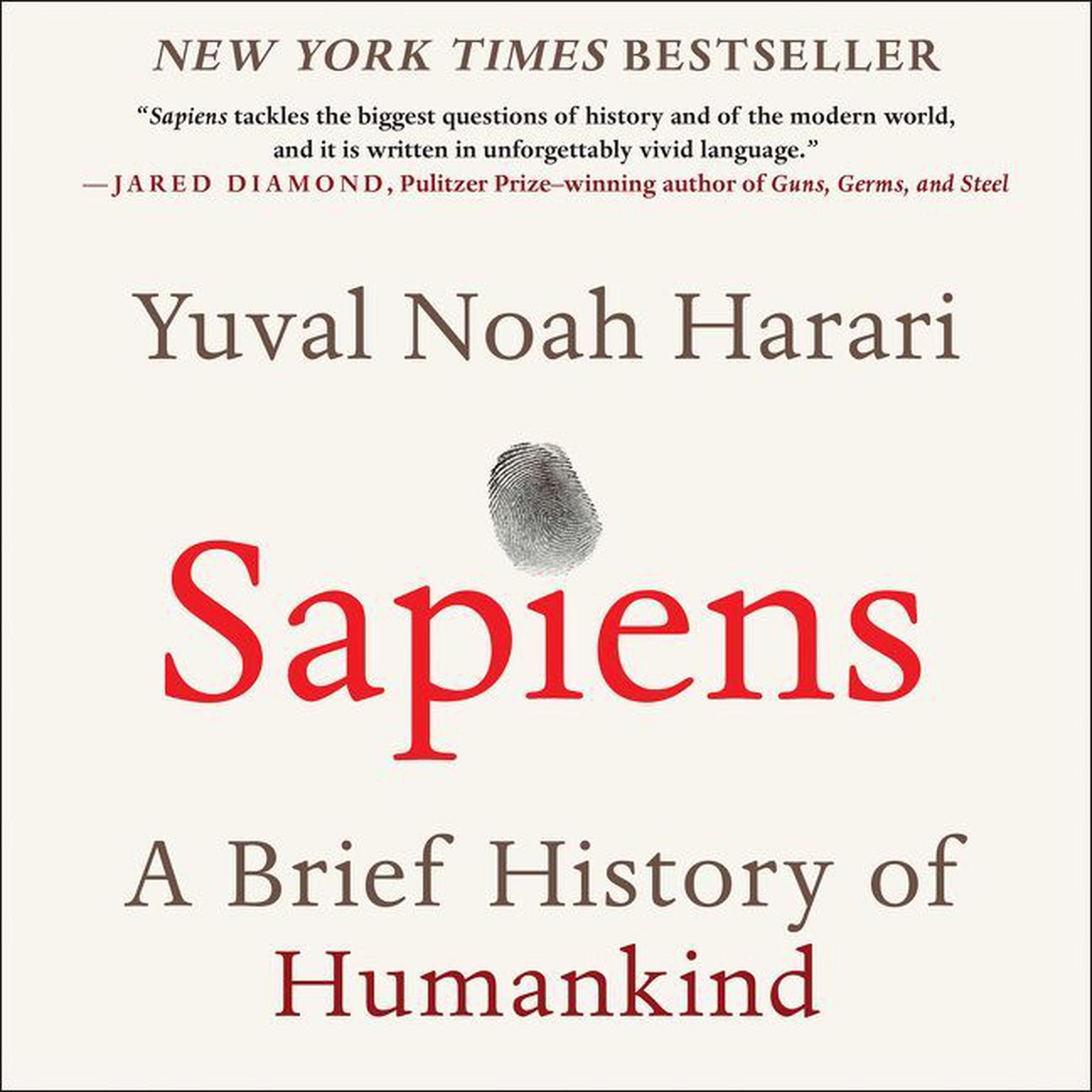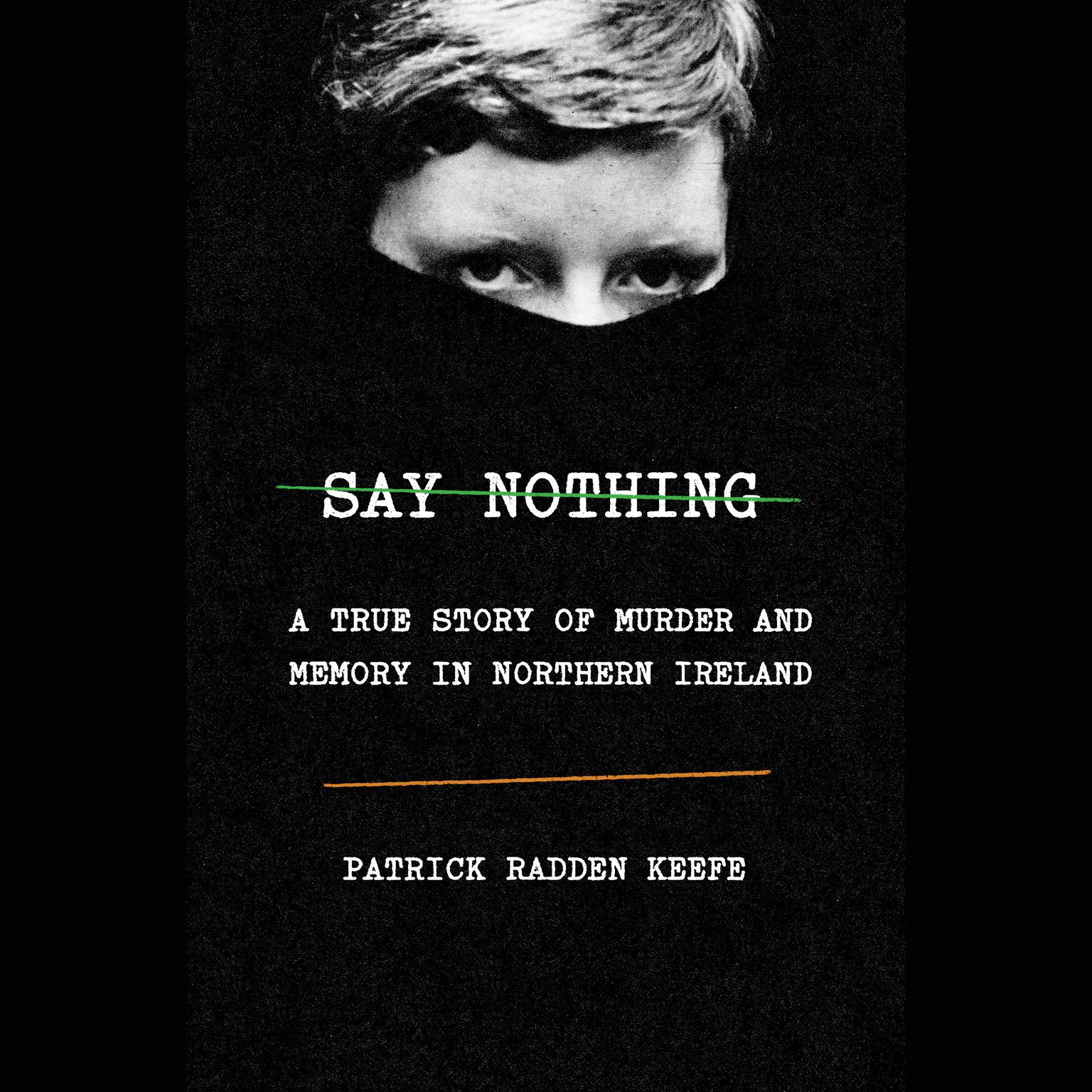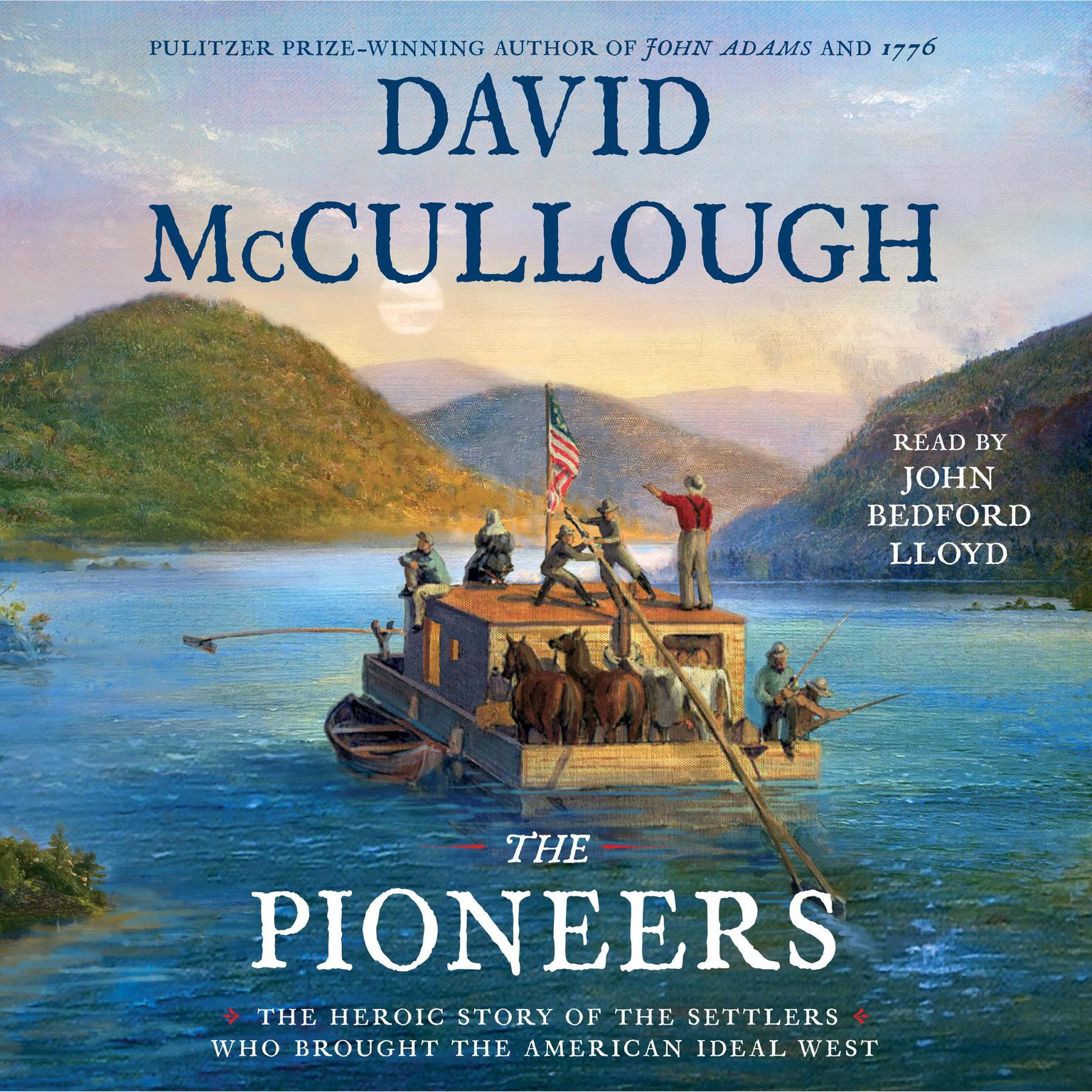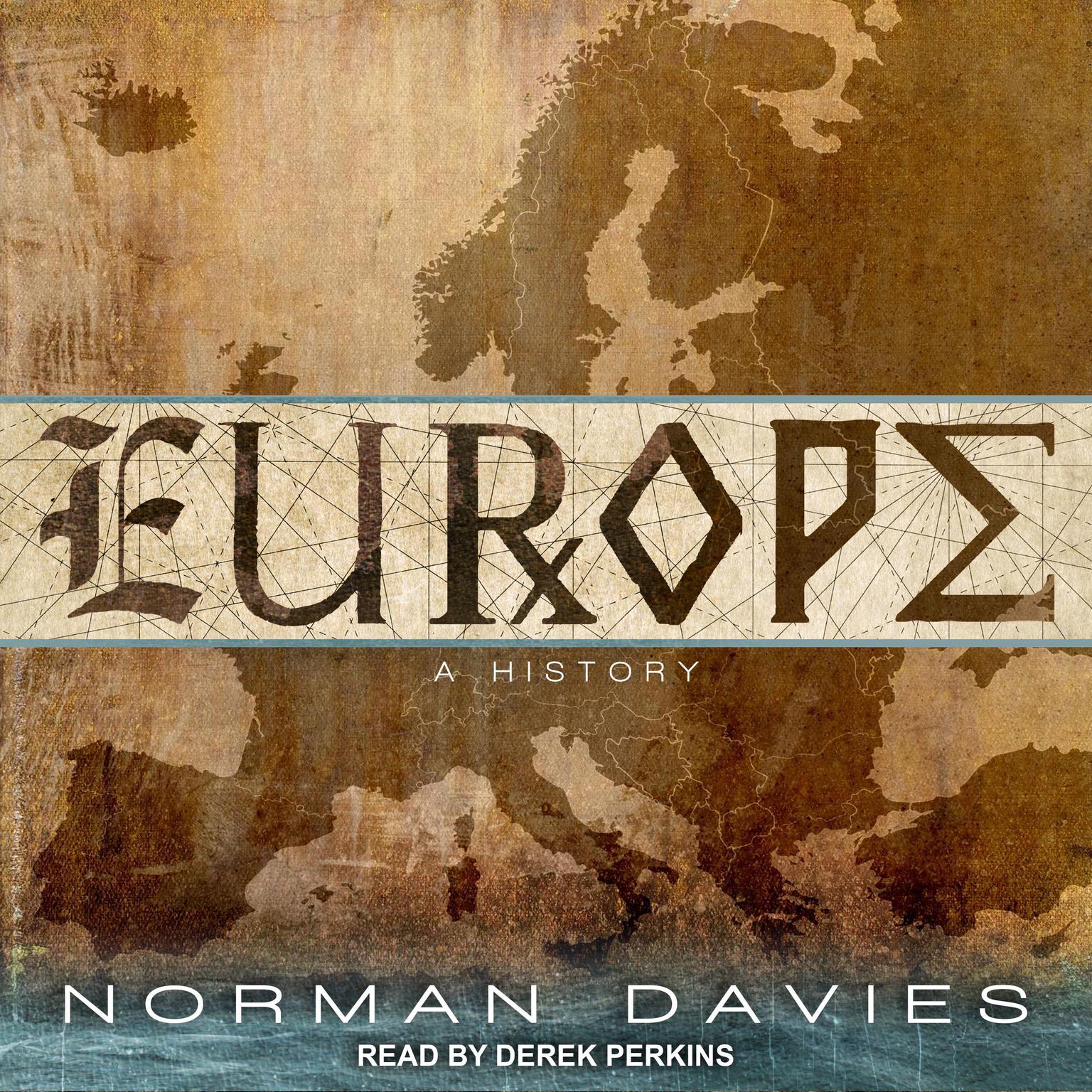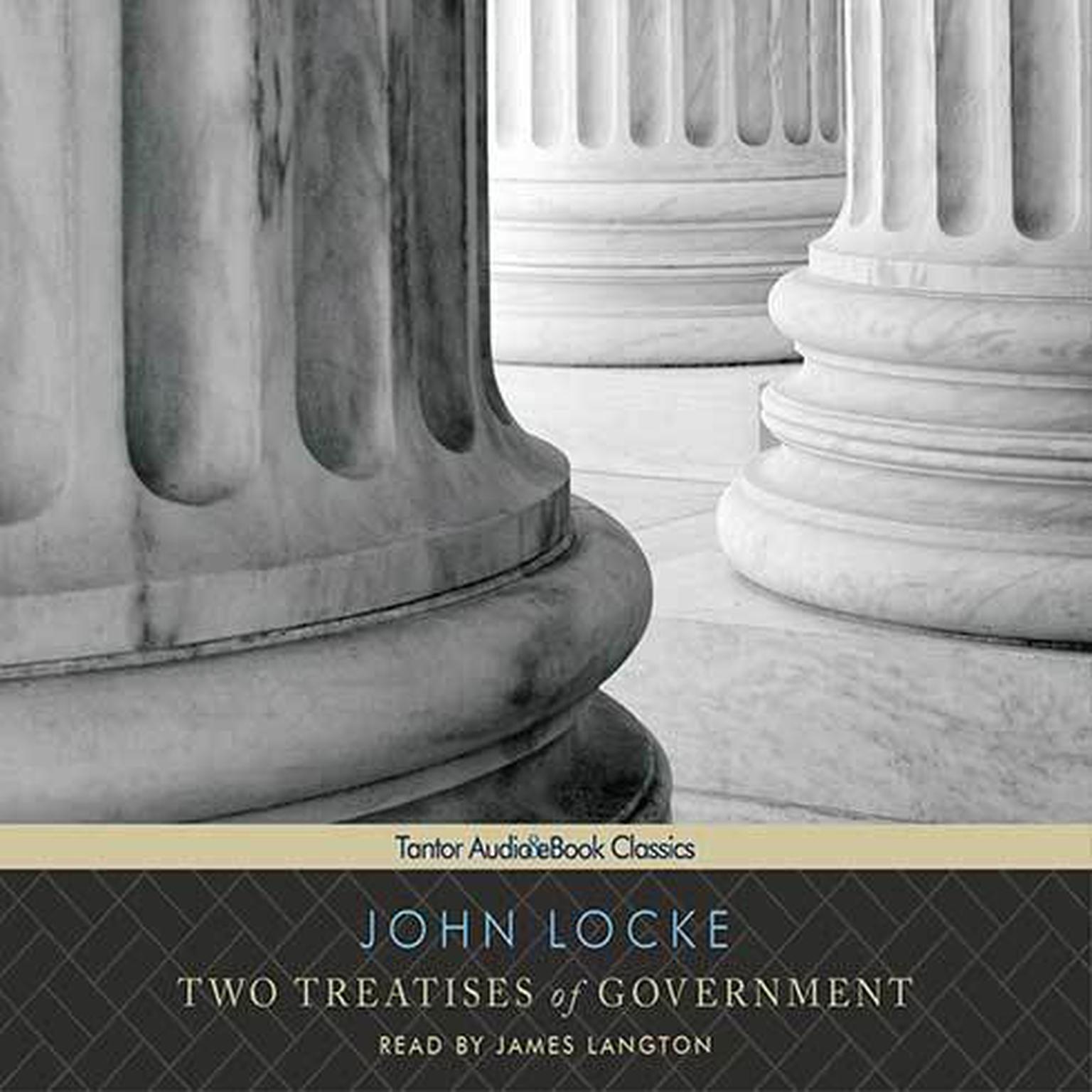Publisher Description
The Cold War dominated international life from the end of World War II to the fall of the Berlin Wall in 1989. But how did the conflict begin? Why did it move from its initial origins in Postwar Europe to encompass virtually every corner of the globe? And why, after lasting so long, did the war end so suddenly and unexpectedly? Robert McMahon considers these questions and more, as well as looking at the legacy of the Cold War and its impact on international relations today.
The Cold War: A Very Short Introduction is a truly international history, not just of the Soviet-American struggle at its heart, but also of the waves of decolonization, revolutionary nationalism, and state formation that swept the non-Western world in the wake of World War II. McMahon places the “Hot Wars” that cost millions of lives in Korea, Vietnam, and elsewhere within the larger framework of global superpower competition. He shows how the United States and the Soviet Union both became empires over the course of the Cold War, and argues that perceived security needs and fears shaped US and Soviet decisions from the beginning—far more, in fact, than did their economic and territorial ambitions. He unpacks how these needs and fears were conditioned by the divergent cultures, ideologies, and historical experiences of the two principal contestants and their allies.
Download and start listening now!
